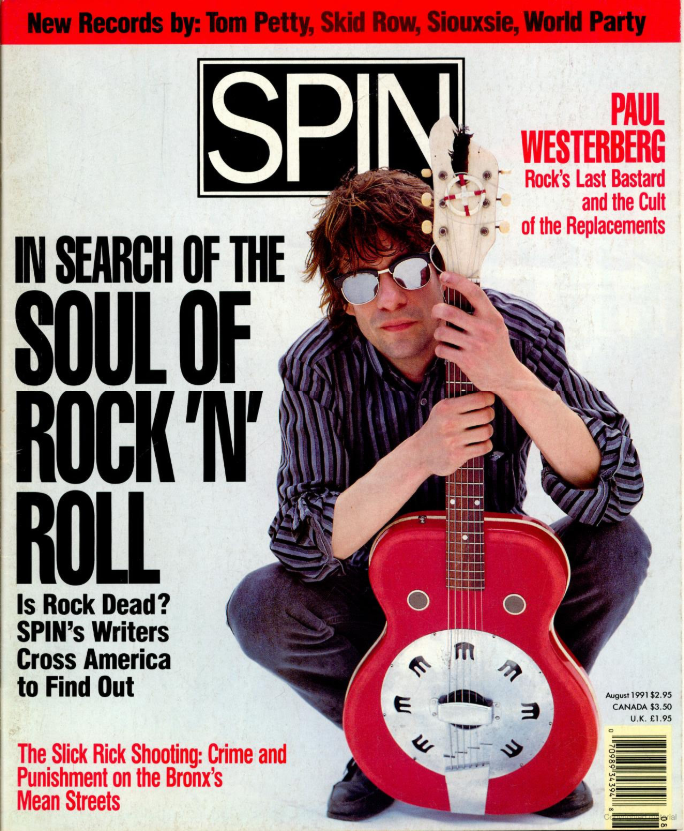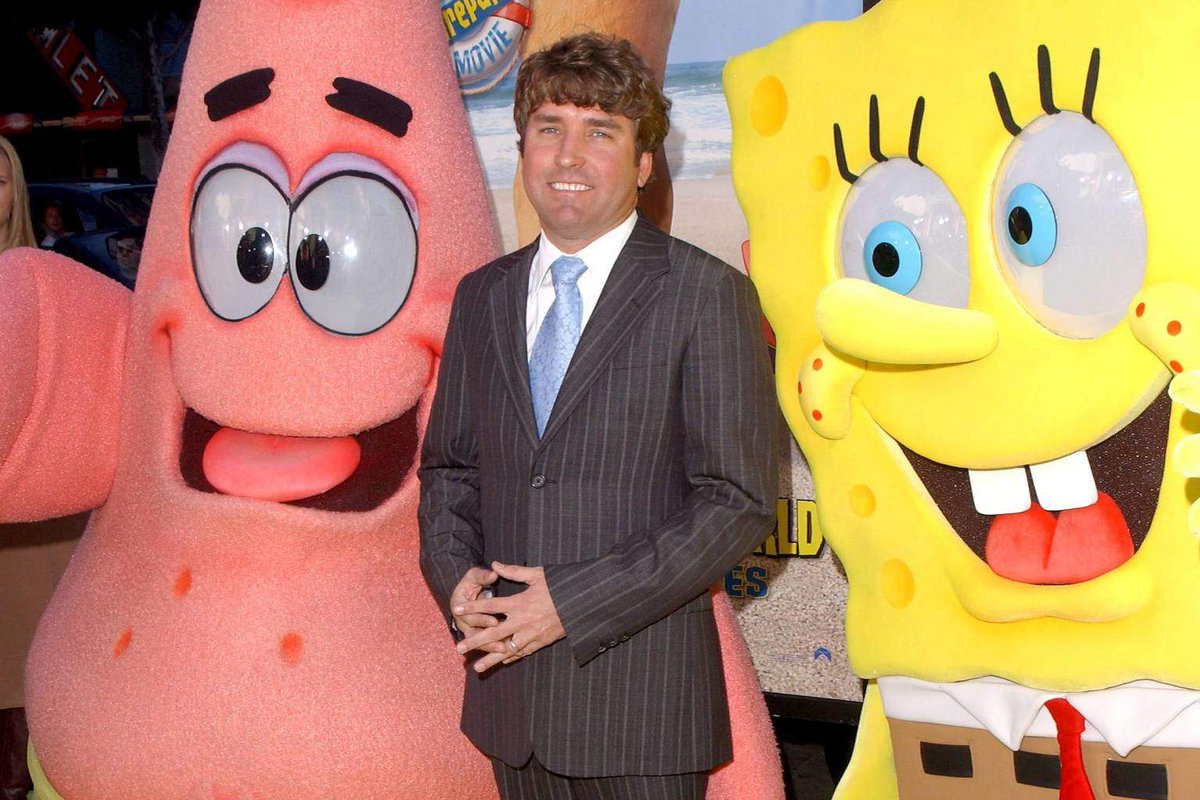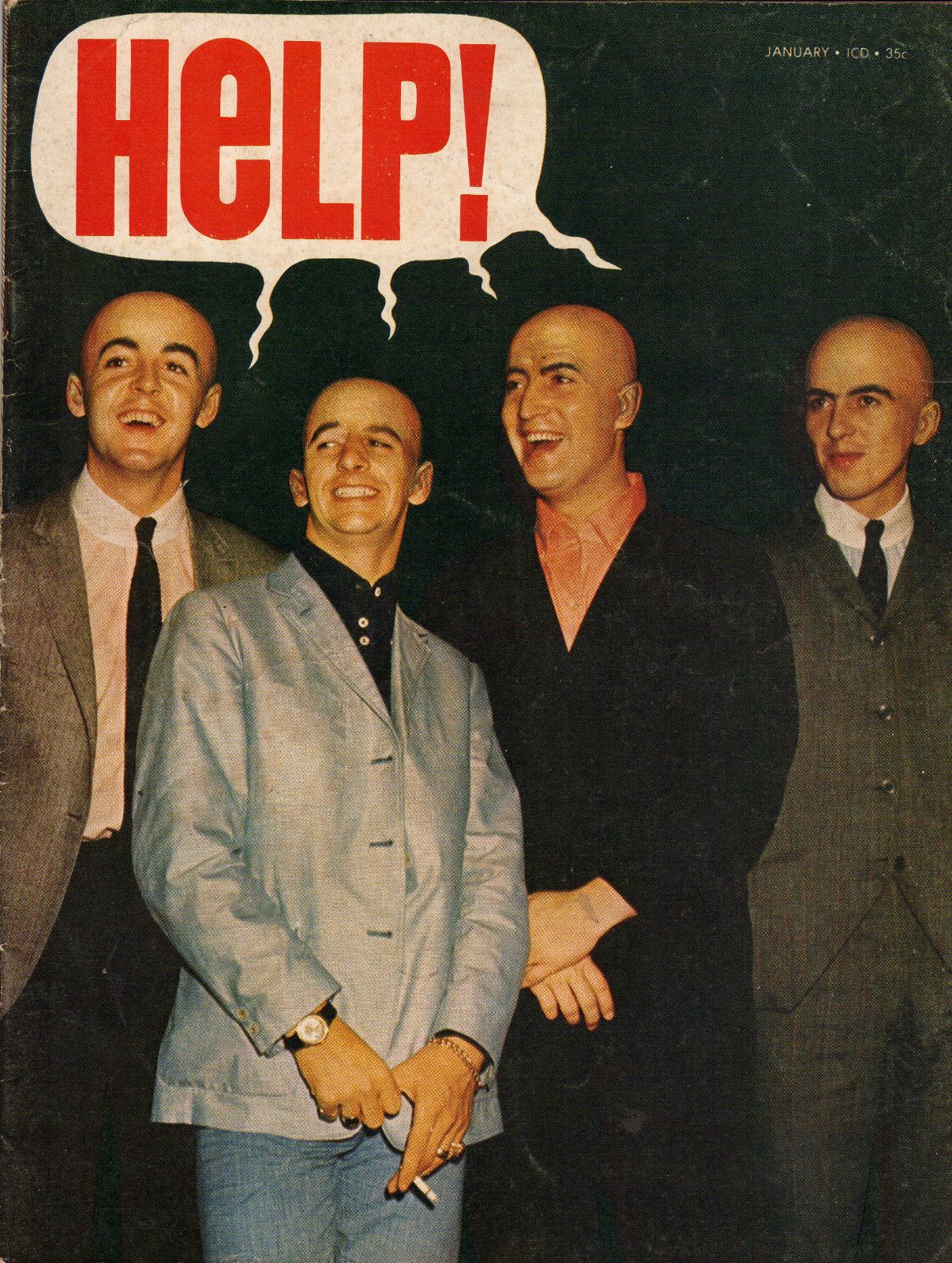
Come To Sunny Prestatyn
Laughed the girl on the poster,
Kneeling up on the sand
In tautened white satin.
Behind her, a hunk of coast, a
Hotel with palms
Seemed to expand from her thighs and
Spread breast-lifting arms.
She was slapped up one day in March.
A couple of weeks, and her face
Was snaggle-toothed and boss-eyed;
Huge tits and a fissured crotch
Were scored well in, and the space
Between her legs held scrawls
That set her fairly astride
A tuberous cock and balls
Autographed Titch Thomas, while
Someone had used a knife
Or something to stab right through
The moustached lips of her smile.
She was too good for this life.
Very soon, a great transverse tear
Left only a hand and some blue.
Now Fight Cancer is there.



